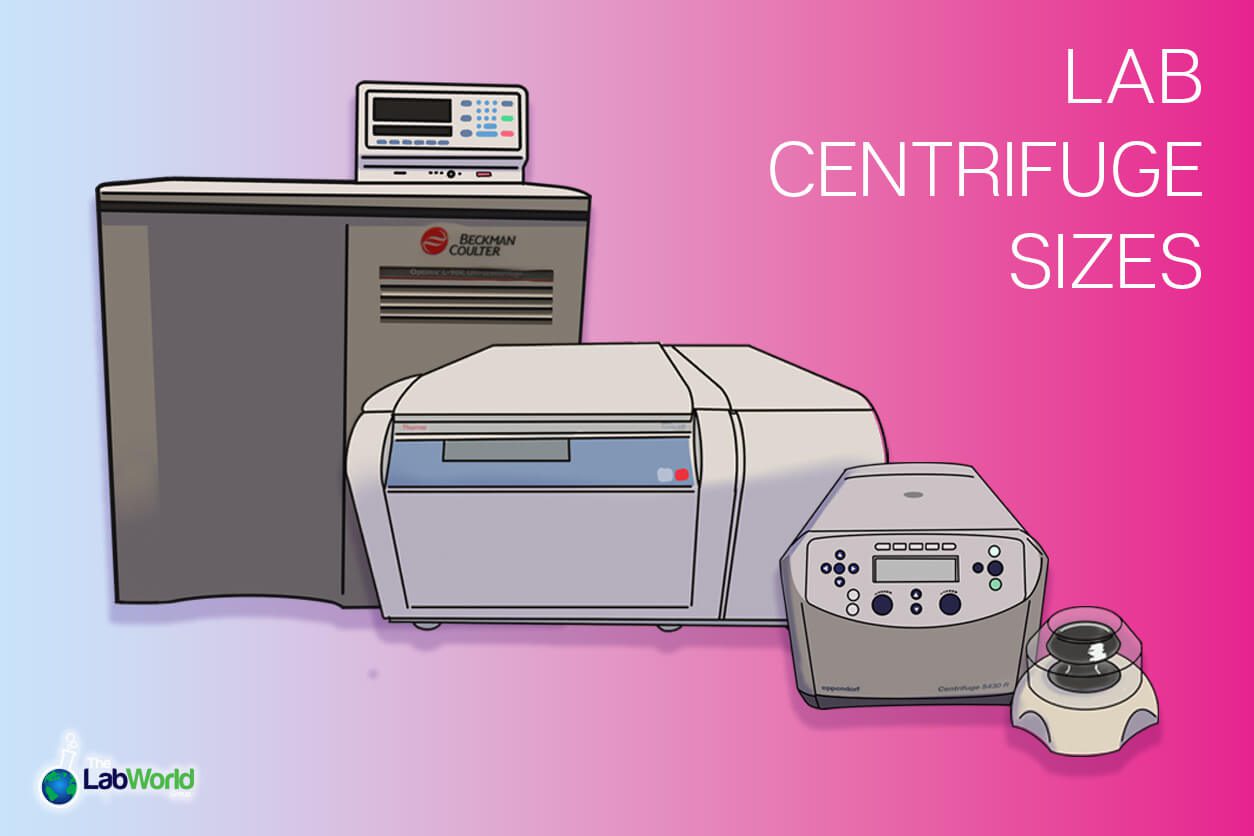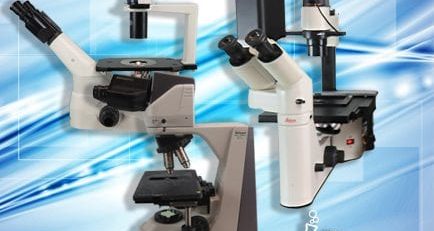
Centrifuge Sizes
Amanda2022-06-17T13:32:12+00:00Centrifugation is used across a broad range of fields, from processing Uranium to training pilots and astronauts, to separating whipping cream. In labs around the world the laboratory centrifuge while ubiquitous, can vary just as greatly. Here we’ll take a look at the types of centrifuges you’ll find in the lab and what benefit each brings to the table, starting with the smallest.
What is a Mini Centrifuge
A typical minicentrifuge is just what the name suggests, small. These convenient little powerhouses take up very little bench space, about as much as a potted plant, and allow researchers to keep them nearby. They’re useful for when you need a quick spin-down of samples in environmental studies, in medical research, or as a preparation step in PCR assays.
A mini centrifuge usually employs just a few rotors, such as a fixed angel for 1.5 to 2ml tubes, a strip rotor, or in some cases such as a microplate centrifuge, microtiter plates. One thing to consider is that personal centrifuges often have fixed speeds, and those speeds tend to be around 6000 rpm.
For field work, there is the option of the hand centrifuge. These can be useful, particularly in environmental work and working in remote areas where access to power is an issue. These operate with a hand crank, and hold either conical or round bottom test tubes, in a swing bucket rotor, allowing users to separate sediment and other particulates from a bench or a car’s tailgate.
What is a Micro Centrifuge?
A microcentrifuge is a step up in size and speed. Much like their larger benchtop cousins, a microfuge will give you features like higher, variable speeds, though not always, some provide temperature control and a broader range of interchangeable rotors. While bigger than the minis, these models are still compact, so they don’t eat up bench space. A microcentrifuge processes small quantities of samples in capillary tubes, and test tubes and lends itself to work with endocrinology, clinical chemistry, toxicology, and more.
What is a Benchtop Centrifuge
A benchtop centrifuge is probably the most found centrifuge in the lab and with good reason. These tabletop models are multipurpose and can range in capacity from just above microliter, all the way up to high-capacity models capable of holding full liter bottles.
One of the biggest advantages of the benchtop lab centrifuge is the wide range of roto options. Just about any vessel can be accommodated, with swing-out rotors, microplate carriers, TaqMan plates, verticle rotors, biocontainment lids, fixed angled across a span of angles, and so on. Each rotor has a dedicated purpose and leverages different materials for speed or strength and can employ much higher speeds. A benchtop centrifuge has microprocessor control, either with digital or dial-in control, some will store frequently used settings, and some offer temperature control for sensitive samples.
Floor Centrifuges
The largest and highest capacity of commercially offered laboratory centrifuge is the floor centrifuge. These units range in size from a benchtop capacity on a dedicated cart to a whole unit that takes up the same footprint as a small freezer. A floor centrifuge can handle it all, from microliter to multi liter. The advantage of the floor-standing centrifuge is the liberation of bench space.
A floor centrifuge’s large capacity makes it ideal for developing vaccines, starting with vaccine purification and then scaling up to production levels. A high throughput model also lends itself to blood processing applications with swing bucket rotors that will hold blood bags easily and safely.
These versatile workhorses can range in speed as well depending on the need, some are low speeds under 15000 rpm, while others can be ultracentrifuges with 1,000,000 x g forces or a more general purpose for everyday use.
Final Thoughts
Which centrifuge is right for your laboratory depends on your capacity need. If you just need to quickly spin down a sample as part of your workflow, a personal centrifuge might be the solution. If your lab has multiple needs and users, a bench top might be ideal for you, or if bench space is at a premium, the floor centrifuge may save the day. Could even be you end up with a combination to help keep your workflow on track.
Whatever your need we can help. We carry a wide range of centrifuges from mini’s to ultracentrifuges and we get new stock daily. All of our gently used centrifuges go through a rigorous quality assurance test where we inspect for wear and tear, make sure the motors are running smoothly and quietly, that latch systems are engaging properly and proper speeds and temperatures can be reached. Any part that isn’t up to snuff is repaired or replaced. Each of these steps ensures proper operation when it gets to you. The advantage of buying gently used and vetted centrifuges is cost-saving, which frees up funds to maybe go larger than before or add an additional unit. Whatever your need, we’re here to help.













